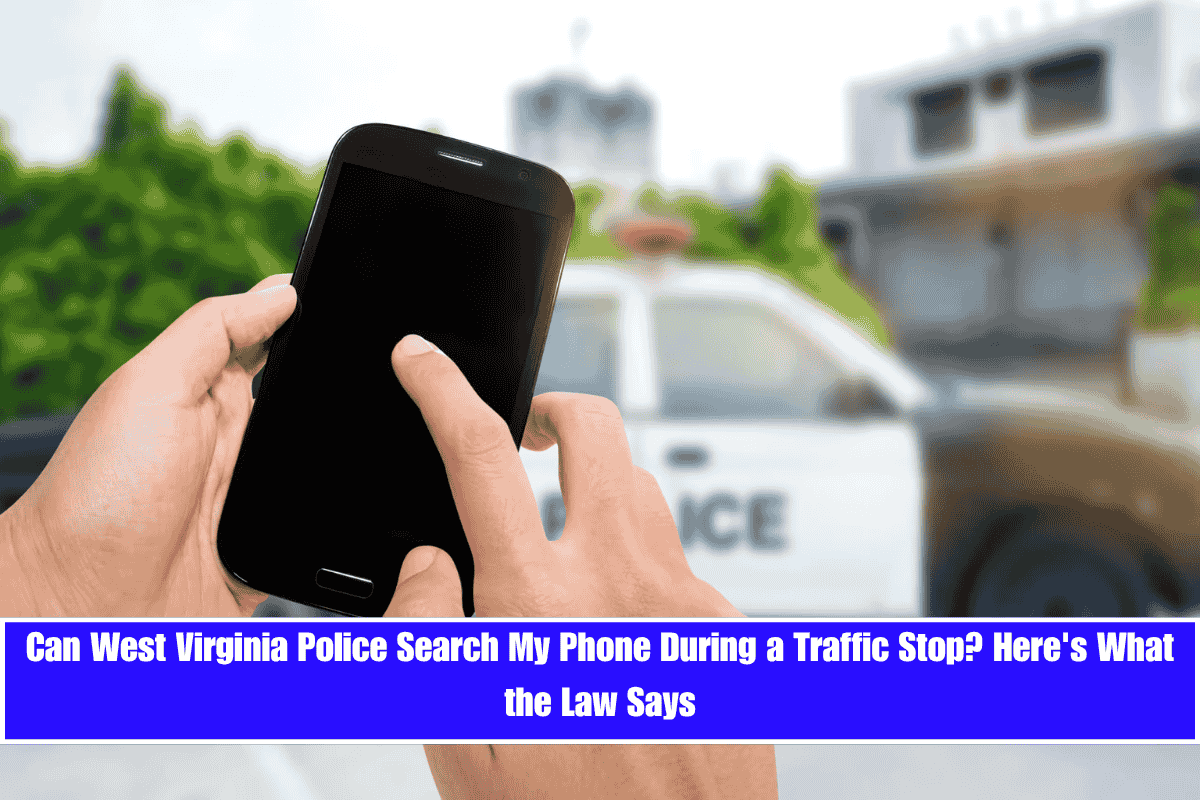Police in West Virginia generally cannot search your phone during a traffic stop without a warrant. The Fourth Amendment to the U.S. Constitution protects against unreasonable searches and seizures, and this protection extends to the digital contents of your phone. Courts have consistently held that law enforcement must obtain a warrant, supported by probable cause, before searching a cell phone, except in certain specific circumstances.
Exceptions to the Warrant Requirement
There are a few exceptions where police may search your phone without a warrant:
- Consent: If you voluntarily give police permission to search your phone, they do not need a warrant. This consent must be freely given, and you have the right to refuse.
- Exigent Circumstances: If police believe there is an immediate threat (such as evidence being destroyed or a risk to public safety), they may be able to search your phone without a warrant. However, even in these situations, they are typically required to obtain a warrant as soon as possible.
- Incident to Arrest: If you are lawfully arrested, police may search your person and immediate surroundings for weapons or evidence. However, the U.S. Supreme Court has ruled that searching the digital contents of a phone generally still requires a warrant, even after an arrest.
Seizure vs. Search
Police may temporarily seize your phone during a stop if they have probable cause to believe it contains evidence of a crime, in order to prevent destruction of evidence while they seek a warrant. However, they cannot access or search the contents without obtaining a warrant or your consent5.
What About Vehicle Searches?
West Virginia law requires police to have probable cause, or your written or recorded consent, to search your vehicle during a traffic stop1. These rules do not automatically extend to the contents of your phone, which are considered highly private and protected by additional legal standards5.
Your Rights
- You can refuse consent to a phone search.
- Ask if police have a warrant before allowing any search of your device.
- If your phone is seized or searched without a warrant or valid exception, you can challenge the search in court, and any evidence found may be suppressed5.
West Virginia police generally need a warrant or your explicit consent to search your phone during a traffic stop. There are narrow exceptions, but your digital privacy is strongly protected by law. If you are unsure, politely decline consent and consult an attorney if your rights are violated
Sources
[1] https://code.wvlegislature.gov/62-1A-10/
[2] https://www.thewvlawfirm.com/2018/04/15/when-can-police-make-a-search-without-a-warrant/
[3] https://code.wvlegislature.gov/email/62-1A/
[4] https://www.304lawyer.com/blog/anonymous-tip-can-i-be-pulled-over-.cfm
[5] https://www.youtube.com/watch?v=KHCLkHav4f8












